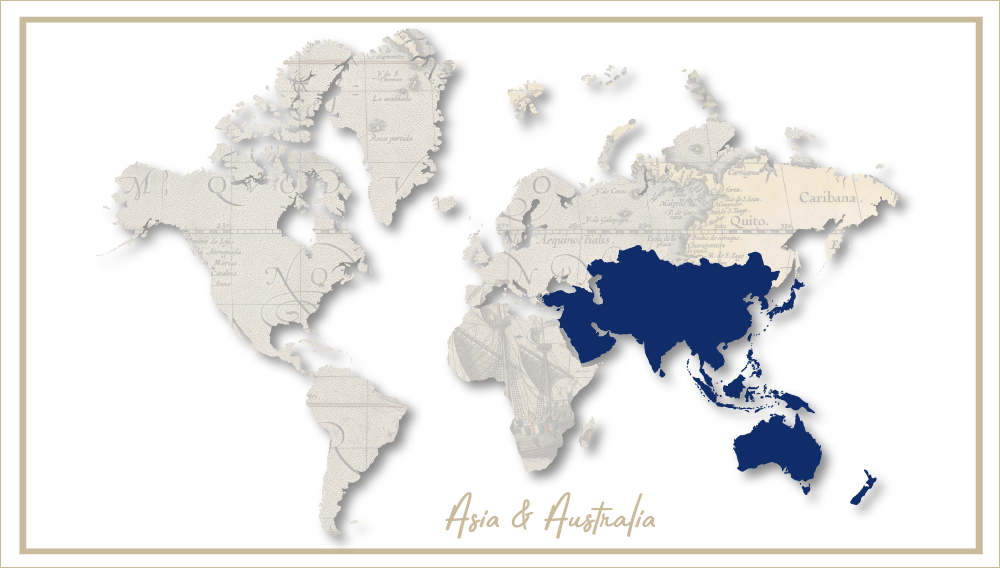The price of wine
Constellation’s transaction with CHAMP, which values the entire business at AUD 290 million, includes virtually all of Constellation’s Australian, UK and South African brands, wineries, facilities and vineyards, as well as its 50 percent stake in UK wholesaler Matthew Clark.
Constellation expects the deal to close by the end of January and will use the proceeds to pay down debt. It expects the deal to be neutral to earnings for fiscal 2011 and neutral to slightly dilutive for fiscal 2012.
The question posed by Foster’s and Constellation’s woes is whether there is something intrinsic to the sector that makes it unsuitable for listed company ownership or whether the model for the industry is still evolving.
There is no doubt that managing an international wine business, and particularly one whose major production base is within a resource economy and therefore subject to quite volatile and violent currency fluctuations, creates particular challenges and ones beyond management’s control.
Foster’s still thinks that wine could be a fundamentally good growth business but had to admit that its own poor performance had more to do with its managerial short-comings than the sector’s inherent challenges.
The reason why Constellation’s operations were barely profitable was that it had focused on cost cutting as opposed to growing the business.
The structural settings that complicate the management of a big wine business are the capital intensive nature of the business (think of investments in vineyards), the fickle nature of consumer choices and the emergence of competitors from other New World wine countries.
Like Constellation, Foster’s more recent emphasis has been on the premium wine segment, but a glut of wine and intense discounting in all major markets has made shoppers even more price-conscious and unwilling to spend big money on a bottle of wine.
Given what’s happened to the Australian dollar since the advent of the crisis – it has soared from below USD 0.70 to above USD 1 – it is not surprising that the currency issue has overwhelmed everything else occurring with the business.
The financial markets were taken aback in September 2010 when the first approach Foster’s received ahead of the de-merger wasn’t for the group’s prized beer business but for the despised wine. Foster’s rejected a private equity offer worth up to AUD 2.5 billion for its wine business as too cheap, but did not identify the name of the bidder, widely believed to have been Cerberus Capital Management.
Private equity sees something in wine the market hasn’t and that’s price. Industry observers say that wine companies currently trade at about 8 times EBITDA, which is a far cry from the 20 times EBITDA the Swiss company Hess paid for Peter Lehmann Wines (2003) or the 18 times EBITDA Diageo shelled out for U.S. wine company Chalone in 2004.
The window of opportunity is currently wide open for private equity and if it does a good job wine companies will be returned to the market in a few year’s time, leaner and meaner and in a better shape for the next round of consolidation in an industry yet to warrant the title “global”.

